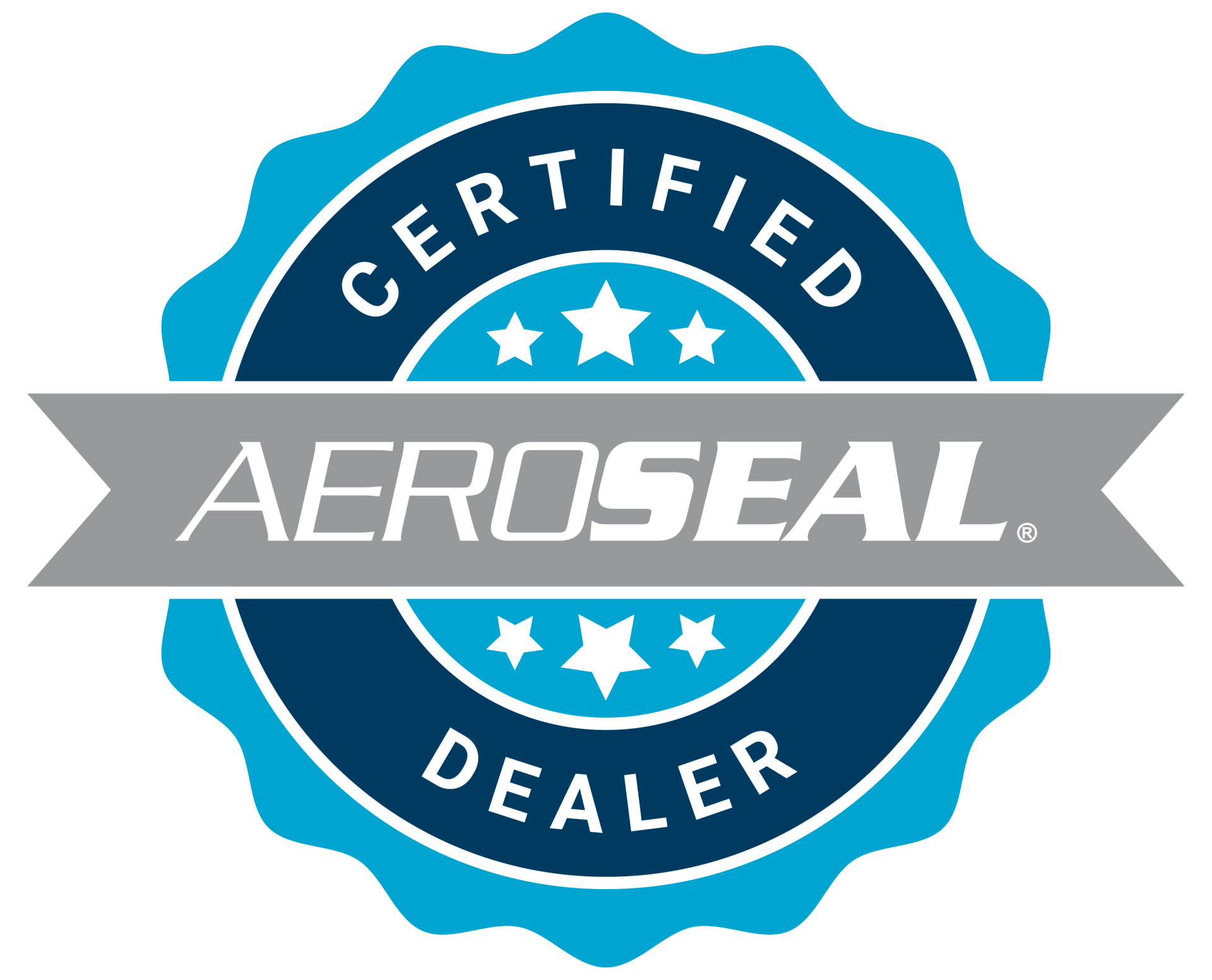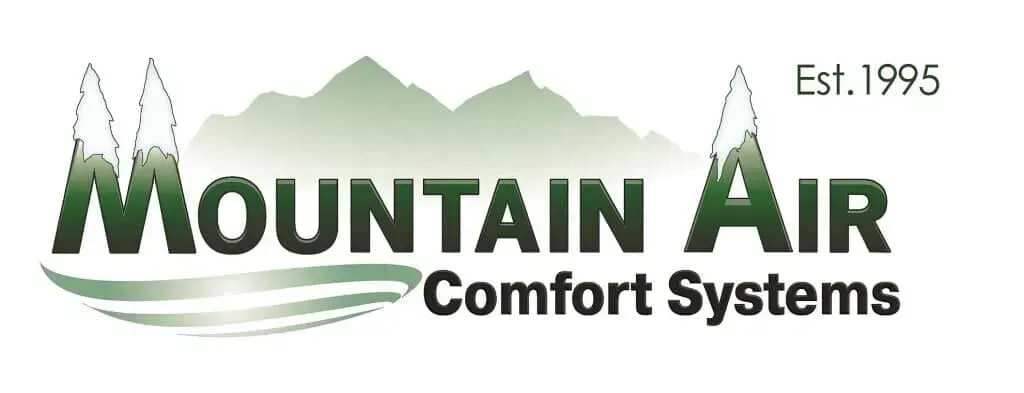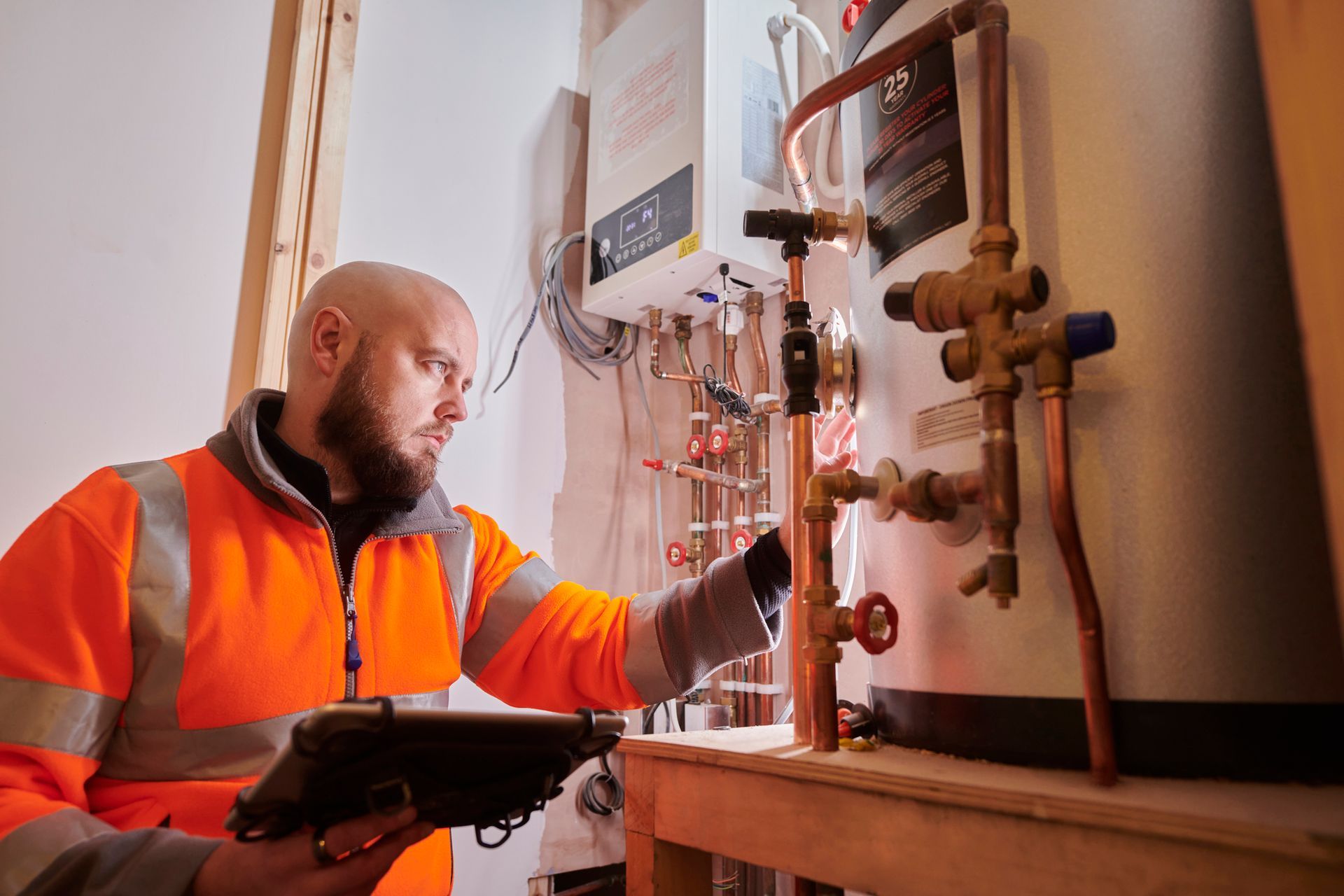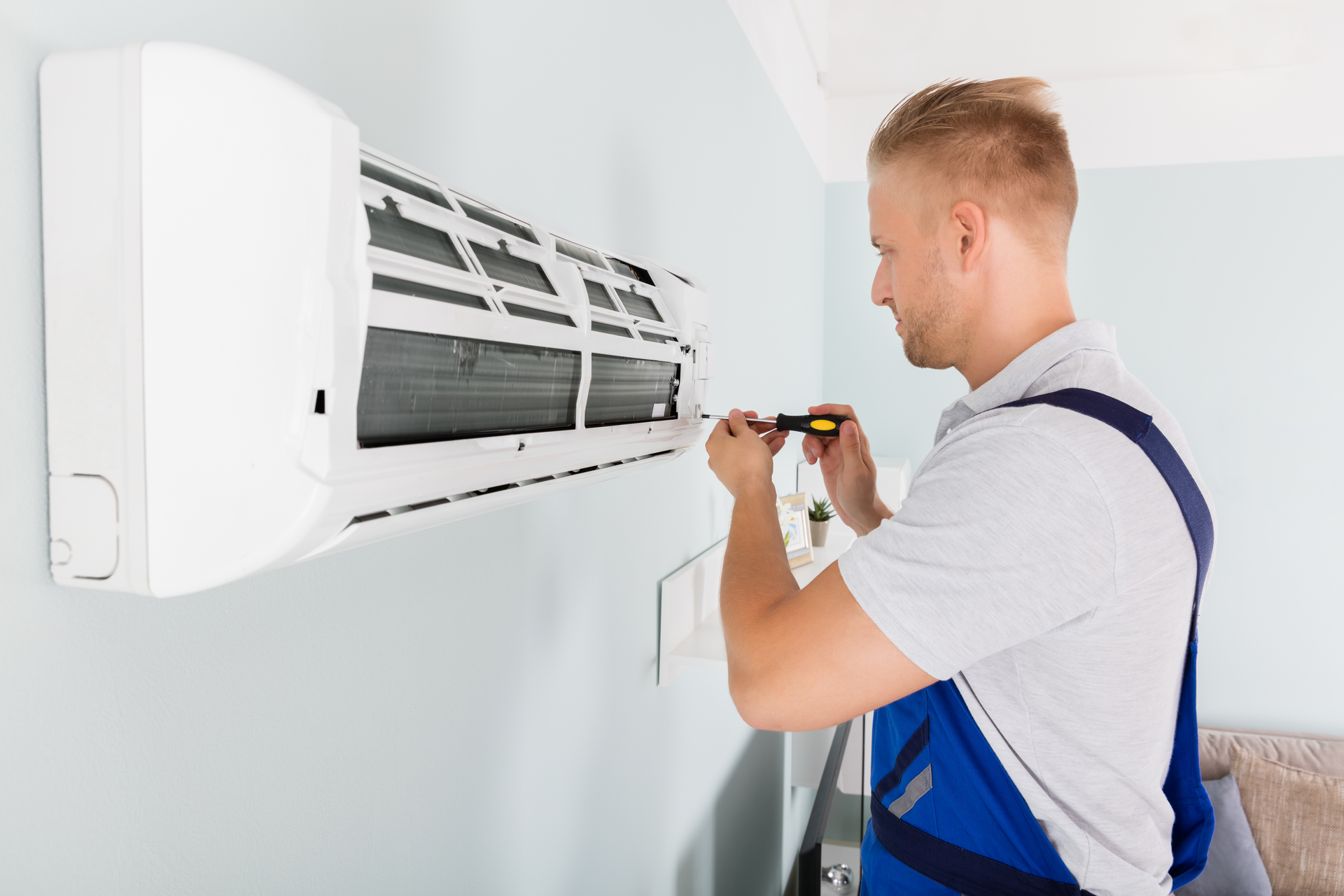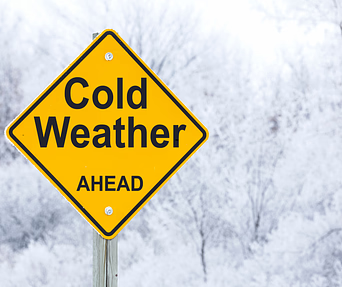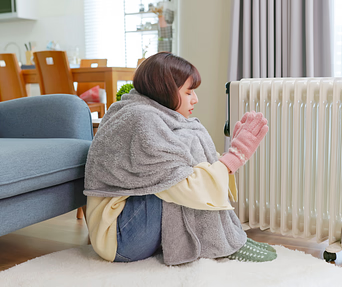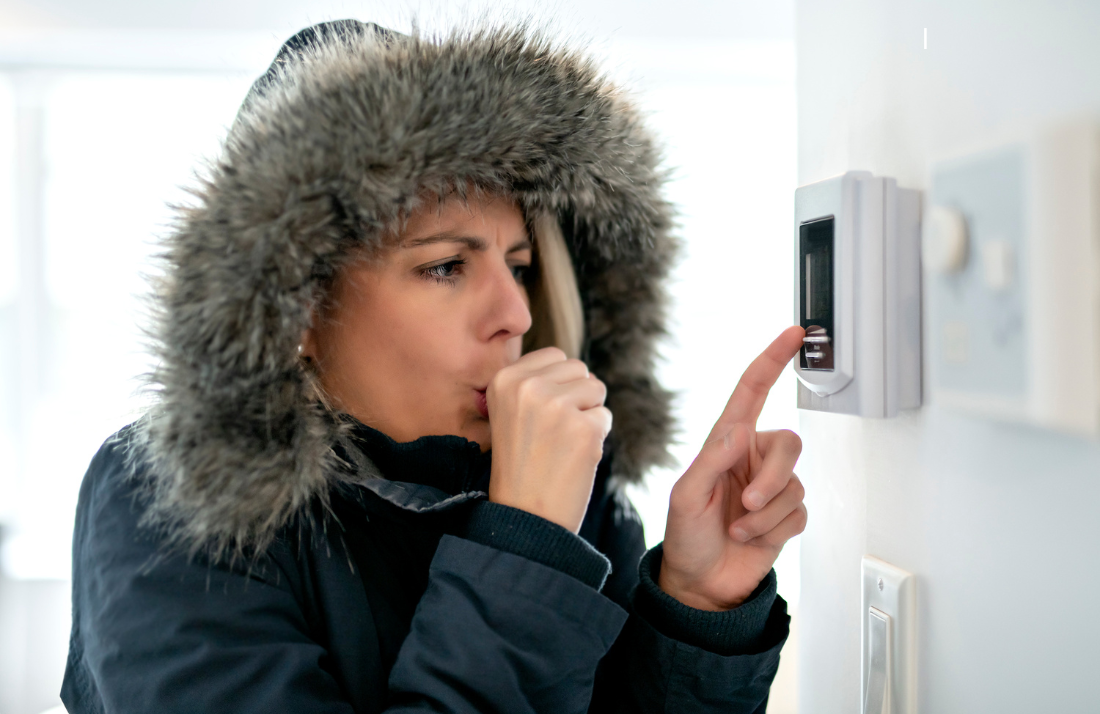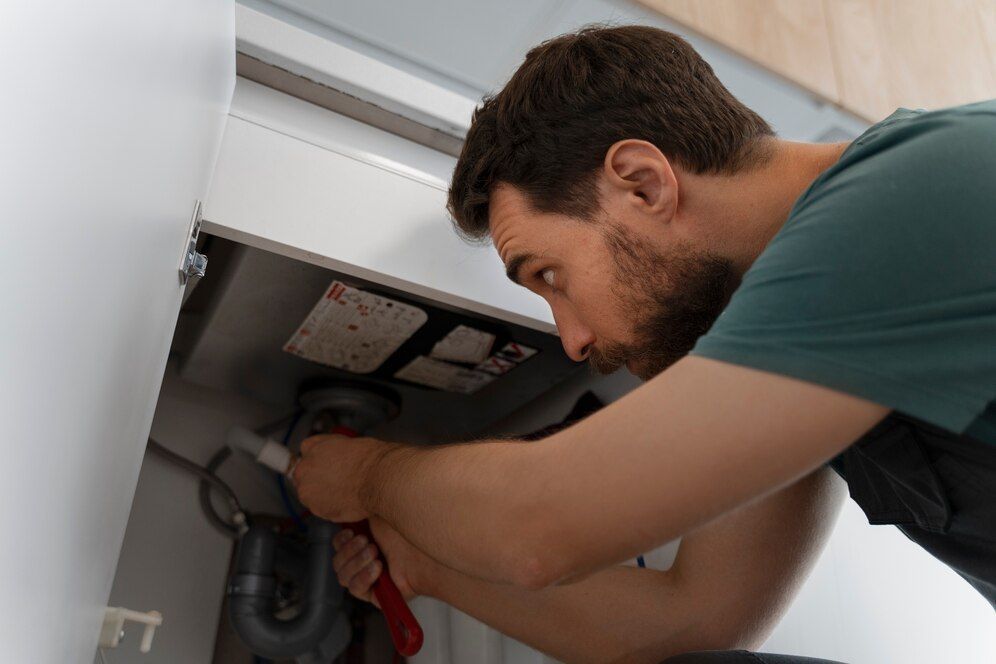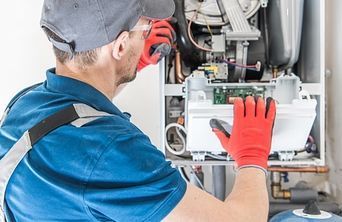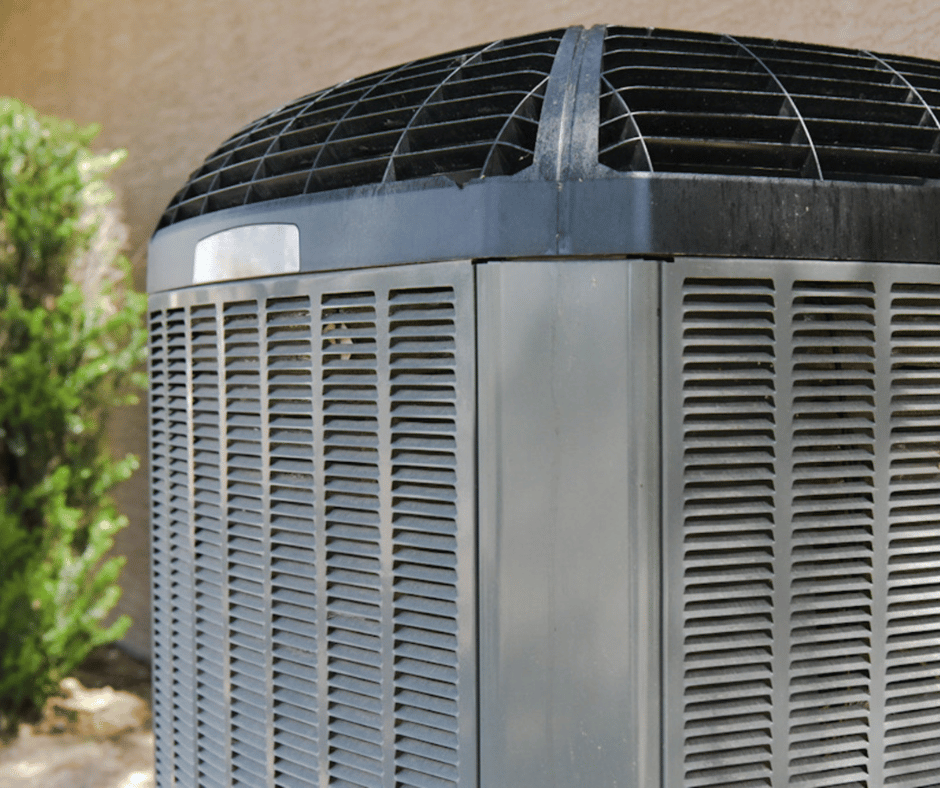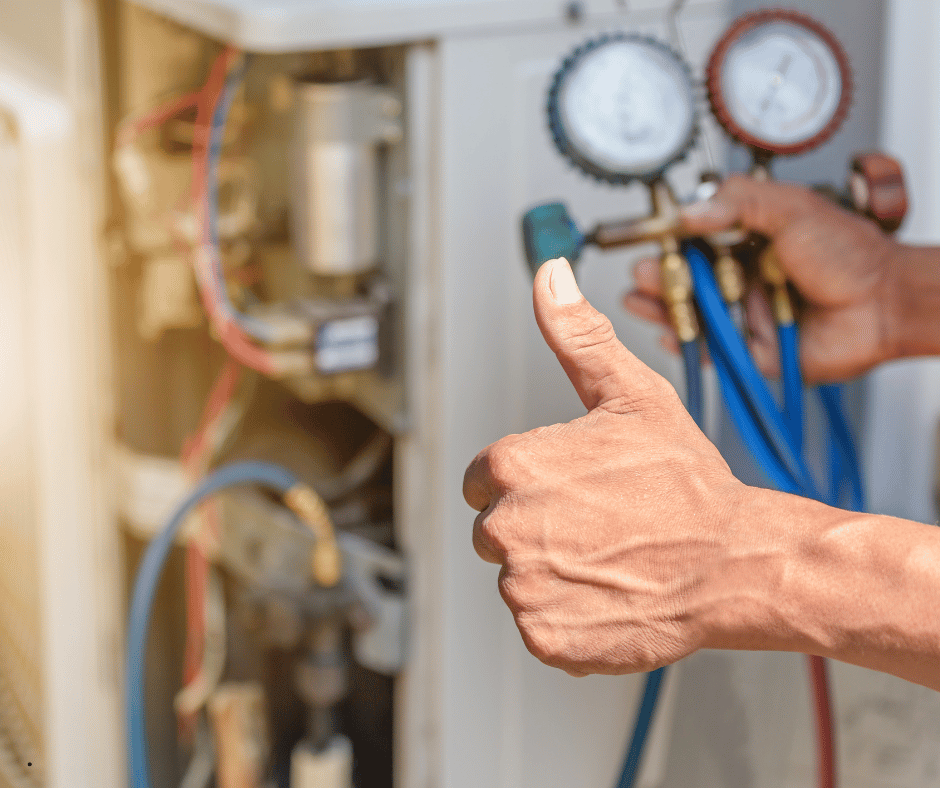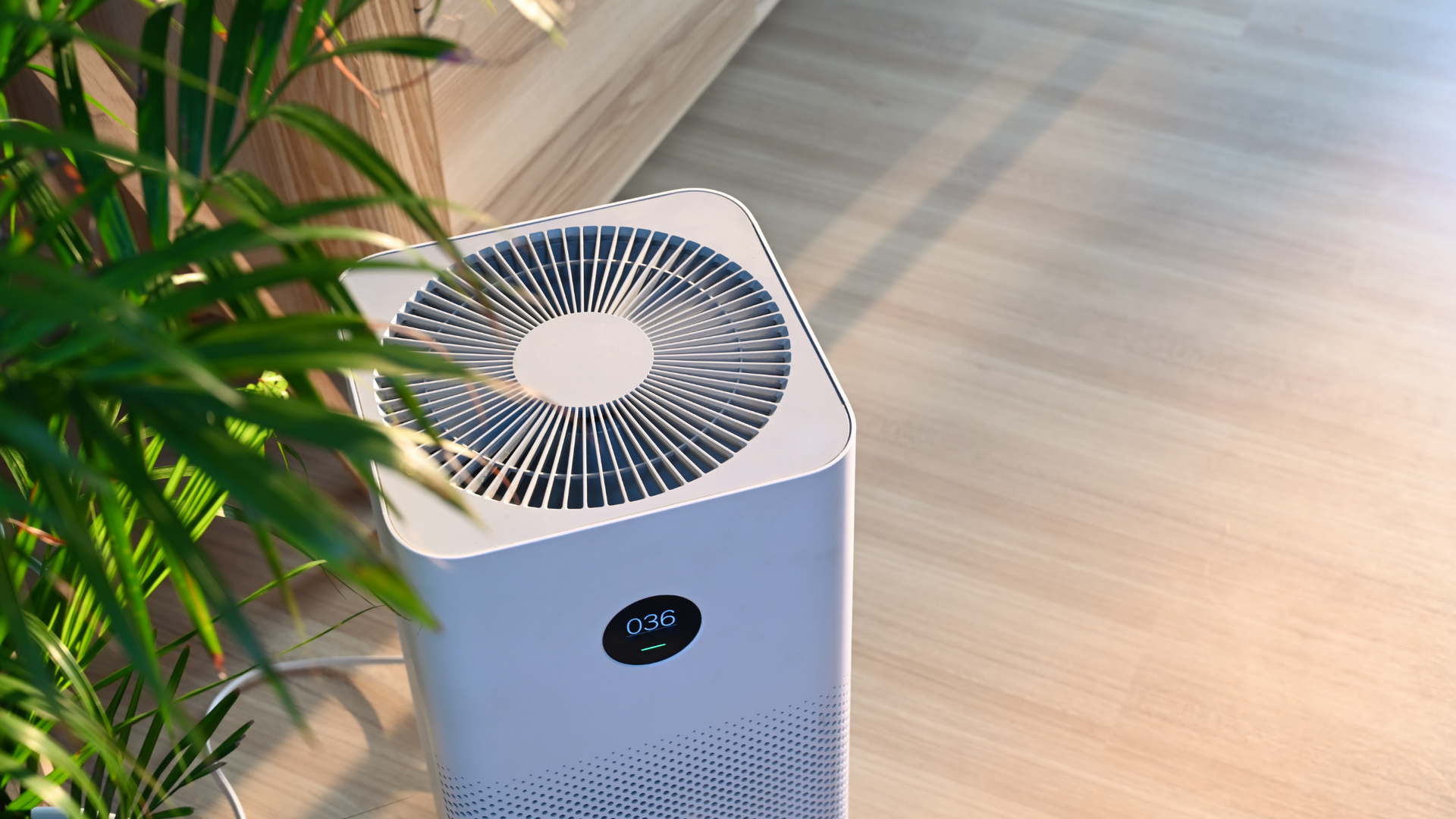Signs You Need a Heating and Cooling Contractor
October 28, 2024
Signs it's Time to Call a Heating and Cooling Contractor Near You
As a homeowner, you need to keep your indoor environment comfortable for your family to thrive. Your heating and cooling systems help you do this so you must keep them running well. In this article, we'll look at signs that tell you to call a professional heating and cooling contractor near you and why it's a good idea to do so.
Why You Should Maintain your Heating and Cooling Systems
To keep your heating and cooling systems working well you need to maintain them. If you don't check and service them often, you might face problems like:
- Higher energy use
- Shorter system life
- Possible safety risks
When You Invest in Regular Upkeep, You Can:
- Boost energy efficiency, cutting your utility costs
- Make your HVAC equipment last longer
- Keep indoor air quality at its best
- Minimize expensive breakdowns and fixes
Signs Your Heating or Cooling System isn't Working Right
Even with routine care, HVAC systems can have problems as time goes on. Here are some clear signs that it's time to get in touch with a pro heating and cooling contractor in your area:
- Weird sounds: Your system might have a problem with its motor, bearings, or other parts if you hear odd noises like banging, squealing, or grinding.
- Spotty heating or cooling: Issues with ductwork, poor insulation, or the system itself could be why some rooms in your house are too hot or cold.
- Weak air flow: A clogged air filter, stuff blocking the ducts, or a blower motor that's failing might be the reason you're getting little air from your vents.
- Your system cycles on and off too often: When your HVAC turns on and off more than usual, it might point to a broken thermostat, leaking refrigerant, or other problems.
- You see water or wet spots: Spotting dampness or drips near your HVAC setup could mean you have a refrigerant leak or condensation issue. If you don't fix this, it can cause more harm down the line.
When to Call a Heating and Cooling Contractor Near You
If you spot any of the signs we talked about earlier or if your system is older than 10-15 years, it's time to get in touch with a skilled heating and cooling contractor in your area. If you brush off these problems, you might end up with bigger issues, steeper energy bills, and expensive fixes or replacements.
How to Find a Reliable Heating and Cooling Contractor in Your Area
Looking for a trustworthy heating and cooling contractor nearby can feel overwhelming. Here are some pointers to help you make a smart choice:
- Get recommendations: Ask your friends, family, or neighbors if they've hired an HVAC contractor and can suggest someone good.
- Look up online feedback: Check out reviews and ratings on reliable websites to gauge a contractor's standing and work quality.
- Make sure they're qualified: Check that the contractor has the right licenses, insurance, and certifications to work in your area.
- Get estimates: Reach out to several contractors to compare their prices and what they offer.
- Find out how long they've been in business: Ask about their time in the industry and if they know your specific HVAC system well.
Things to Ask a Heating and Cooling Contractor Before You Hire Them
Before you hire a heating and cooling contractor, you should ask the right questions to make a smart choice. Here are some questions to think about:
- How many years have you worked in this field?
- Do you have a license, insurance, and certifications?
- Which HVAC systems do you know best?
- Do you stand behind your work with any guarantees?
- How fast can you show up for urgent fixes?
- Do you sell maintenance plans or service deals?
Why professional heating and cooling services are worth it
Hiring a pro heating and cooling contractor in your area has many upsides such as:
- Expert knowledge and experience: Pros have the training and experience to diagnose and fix complex HVAC problems .
- Proper tools and equipment: Companies have specialized tools and equipment to install, repair, and maintain HVAC systems.
- Safety and compliance: Professional companies stick to industry standards and local building codes making sure your HVAC system is set up and kept safe.
- Energy efficiency: Experts can tweak your system to save the most energy, cutting down your utility costs.
- Extended equipment lifespan: Regular upkeep and correct fixes can make your HVAC equipment last much longer.
Common Services Provided by Heating and Cooling Contractors
Skilled heating and cooling experts provide many services to address your HVAC requirements. Here's what they offer:
- Installation: HVAC professionals put in new heating and cooling systems. They make sure the size is right and the system works well.
- Repair: HVAC experts can find and fix problems with your system, whether they're small issues or big breakdowns.
- Maintenance: Regular upkeep, like cleaning, checking, and tuning up your system, helps decrease breakdowns and keeps it running at its best.
- Ductwork services: These specialists look at and fix ductwork to boost indoor air quality and make your system more effective.
- Thermostat installation and programming: HVAC pros can set up and program smart thermostats to save energy and make your home more comfortable.
- Indoor air quality solutions: Contractors provide options such as air purifiers, humidifiers, and dehumidifiers to enhance the quality of air inside buildings.
HVAC maintenance tips for homeowners
Professional services play a key role, but homeowners can take on some basic upkeep tasks to ensure their HVAC system works well:
- Switch out air filters often: Clogged air filters limit airflow and lower system performance. Put in new ones every 1-3 months.
- Remove junk near outdoor units: Get rid of leaves, grass, and other stuff around the outdoor unit to allow proper airflow.
- Look over ductwork: Search for leaks, gaps, or harm in the ductwork and fix them if needed.
- Set thermostat right: Pick a cozy temperature on the thermostat and change it when you're not home to cut energy use.
- Book yearly checkups: Get a pro contractor to do a yearly checkup to make sure your system works at its best.
